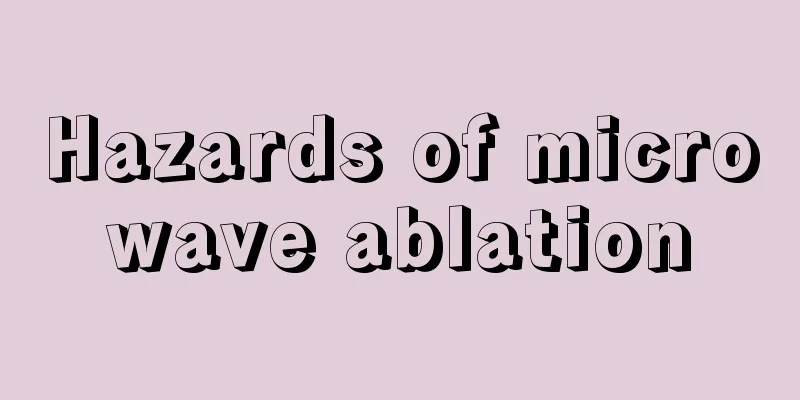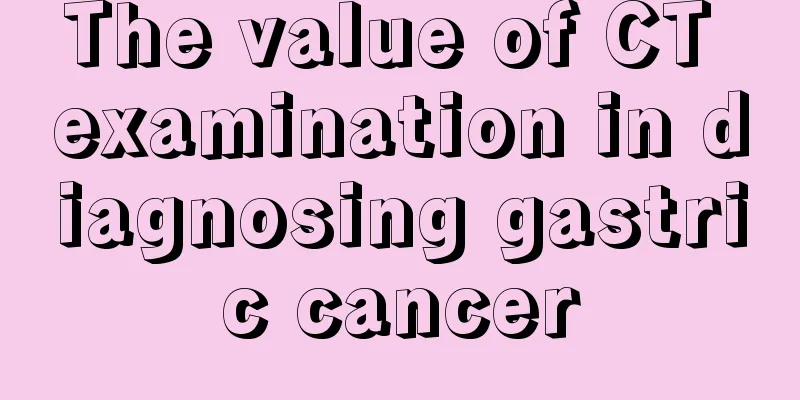How to treat anorectal pain

|
Anorectal pain requires a comprehensive treatment method after the cause is identified, including medication, lifestyle adjustments, and surgical intervention when necessary. Patients should seek medical attention in a timely manner to get a clear diagnosis and follow the doctor's advice for targeted improvements. 1 Possible cause: Common causes of anorectal pain include anal fissures, hemorrhoids, perianal abscesses, and proctitis. Anal fissures usually present with severe pain after defecation, accompanied by blood; hemorrhoids are mostly caused by long-term sitting and constipation, and may cause blood in the stool and discomfort; perianal abscesses can cause persistent severe pain and may be accompanied by swelling or fever; proctitis is mostly caused by infectious or inflammatory bowel disease, and presents with pain and increased frequency of defecation. 2 Drug treatment recommendations: For hemorrhoids, try an anti-inflammatory suppository containing hydrocortisone acetate to relieve swelling and discomfort; For anal fissures, topical medications such as nitroglycerin ointment can be used to promote healing of the fissures; For proctitis or perianal abscess caused by infection, it is recommended to use antibiotics to kill bacteria, and it must be used under the guidance of a doctor. 3 Lifestyle Adjustments: Keeping your bowels open is the key to relieving symptoms. Increasing dietary fiber intake such as whole grains, vegetables, and fruits and drinking plenty of water can help prevent and improve constipation. Regular warm water sitting baths for 10 to 15 minutes each time, 2 to 3 times a day can relieve pain and promote local blood circulation; Avoid sitting for long periods of time and engage in appropriate activities to reduce pressure on the perineum. 4Necessary surgical treatment: For patients with recurrent, severe hemorrhoids, hemorrhoidectomy or hemorrhoidal artery ligation may be considered; Perianal abscesses require incision and drainage to prevent the spread of infection; If the pain is from a severe anal fissure, an anal sphincter release surgery may be needed to relieve the problem. The treatment of anorectal pain should be based on the cause, and patients should have a good sense of medical care. If the pain persists or the symptoms worsen, please seek medical attention as soon as possible to get a clear diagnosis to prevent complications caused by delayed treatment. Pay attention to developing healthy bowel habits in life and maintain the health of the tissues around the anus. |
<<: How harmful is ovarian teratoma?
>>: How to prevent the early symptoms and precursors of prostate cancer
Recommend
How to wash scallops more cleanly
The scallops you buy cannot be cooked immediately...
How to deal with coughing up blood from the lungs
If the patient is coughing up blood from the lung...
I feel like there is something blocking my throat and esophagus
The feeling of something blocking the throat and ...
The importance of water to human beings
Water is very important to us. It is indispensabl...
How to choose a pillow core
The choice of pillow core is very important, beca...
What harm does lime do to the human body
Illness caused by lime is a very common disease i...
Myeloperoxidase is high
In our lives, many people suffer from immune dise...
my country discovers new indicator for diagnosing prostate cancer
The Urology Department of Xijing Hospital of the ...
I want to go to the toilet after eating
There is a group of people in life who want to go...
Diagnosis of Primary Cutaneous T-Cell Lymphoma
Primary cutaneous T-cell lymphoma is a type of pr...
Why are the flesh on both sides of the genitals itchy
Reproductive health, talent health. In today'...
What are the CT manifestations of early lung cancer? What are the symptoms of early lung cancer?
Early lung cancer appears more prominently on CT ...
Dry mouth
I believe many people have experienced these situ...
What is the cause of a fleshy lump on the glans?
After a busy day outside, it is inevitable to be ...
What are the symptoms of having worms in the stomach
There are many parasites in our body, but when th...









